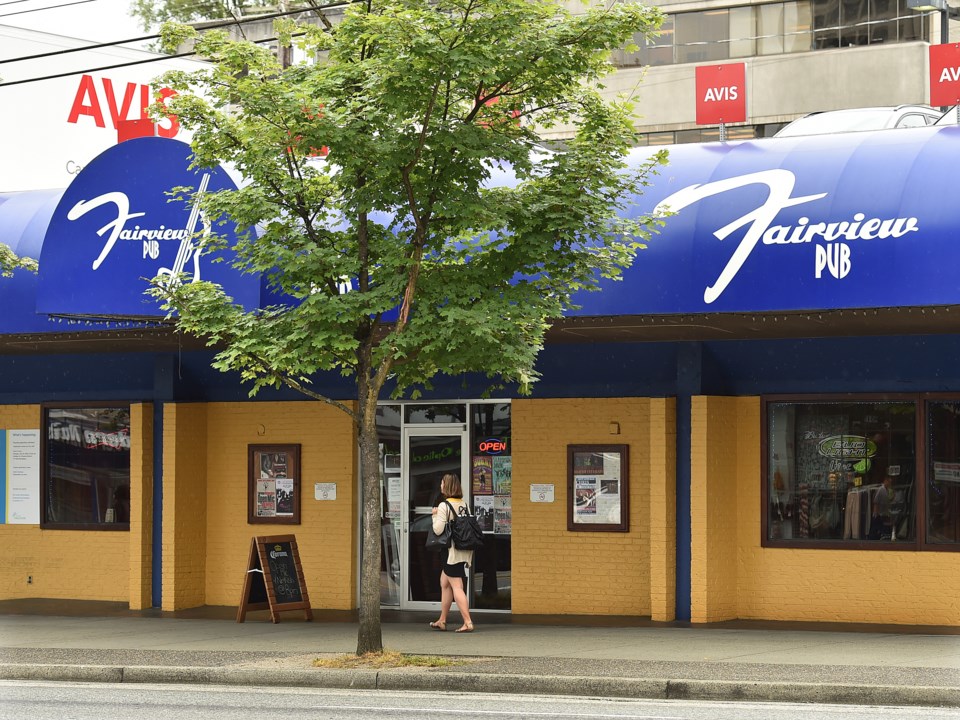A fire hall doubling as an arts space. Gigs in churches or community centres. Rehearsal spaces at libraries.
They’re ideas that would seem entirely foreign in places not crushed by an affordability crisis, but just about anything’s on the table in a city where income inequality is 2.5 times higher than the national average and housing costs are highest in Canada.
The Vancouver Music Strategy was discussed at length by council July 10, given the policy document is two years in the making and deliverable ideas are taking shape.
The end goals are fluid and there are many: streamline communication between the city and artists, diversify building types that can house the arts and make life more affordable for creative types.
There’s even talk of mandating “fair play” standards so venue owners compensate bands fairly and the establishment of a poverty reduction plan for local musicians.
“What we want to see is partners in all things music,” said Sandra Gajic, the city’s director of civic theatres.
Tuesday’s discussion was shaped by a report from consultancy firm Nordicity that examined the musical landscape across B.C. and Vancouver, along with advisory committee members spanning several music sectors.
Artists, record label executives and cultural planners also spoke to their everyday realities, which by and large, were steeped in optimism and positivity.
And they had the numbers to back it up, at least according to the Nordicity study:
- 7,000 full-time jobs generated across B.C. last year
- $619 million in labour income
- $815 million in GDP to the provincial economy
- 6,000 recording artists in B.C.
- the third largest live music industry in Canada
Tarun Nayar, who plays in the local band Delhi 2 Dublin and sits on the strategy’s advisory committee, said ethnic music from Asia and India in particular is booming. One of his contemporaries had one billion online plays last year alone.
“The next Drake is going to be one of these kids from one of these communities. And we have them here,” Nayar said.
On the flip side, Tuesday’s discussion was also chalked full of sobering numbers. Affordability continues to dog musicians, as 56 per cent of respondents to the Nordicity survey cited unaffordable housing as their primary challenge. Another 50 per cent said getting paid by venues or promoters was a problem.
And then the kicker — the average annual income of Vancouver musicians is a measly $18,000. That amount is $4,600 less than the national average. The average annual income for Vancouverites, meanwhile, is $49,702.
Since the strategy’s establishment two years ago, venues such as the Media Club has gone belly up, the Rio Theatre is fighting for its life, the Cobalt is on the cusp of closure and the Red Gate Arts Society has been forced to re-locate due to cost pressures. The Fairview Pub is currently subject to a redevelopment application, and live music is rumoured to be on the outs at the Backstage Lounge as of this fall.
In the last 10 years, Vancouver’s live music venue closure list includes Richards on Richards, the Columbia, the Brickyard and the Piccadilly Pub. Mesa Luna and the Starfish Room went kaput in the early 2000s.
“It’s astounding to me that the average musician is making $18,000 in this city when it’s so unbelievably difficult to live,” said Coun. Adriane Carr.
As a means to stop the bleeding, council approved $400,000 to hire temporary staff to fine tune the work the advisory committee has done and act on the recommendations found in the Nordicity report.
City staff will also work with the school board and park board to explore how spaces covered under those jurisdictions can be utilized by Vancouver musicians, while leveraging the province and feds for grants or other funding partnerships.
Staff have also been instructed to explore grant opportunities that would subsidize rehearsal spaces, venues and recording studios.
The finalized strategy is expected to be back before council in the spring of 2019.



